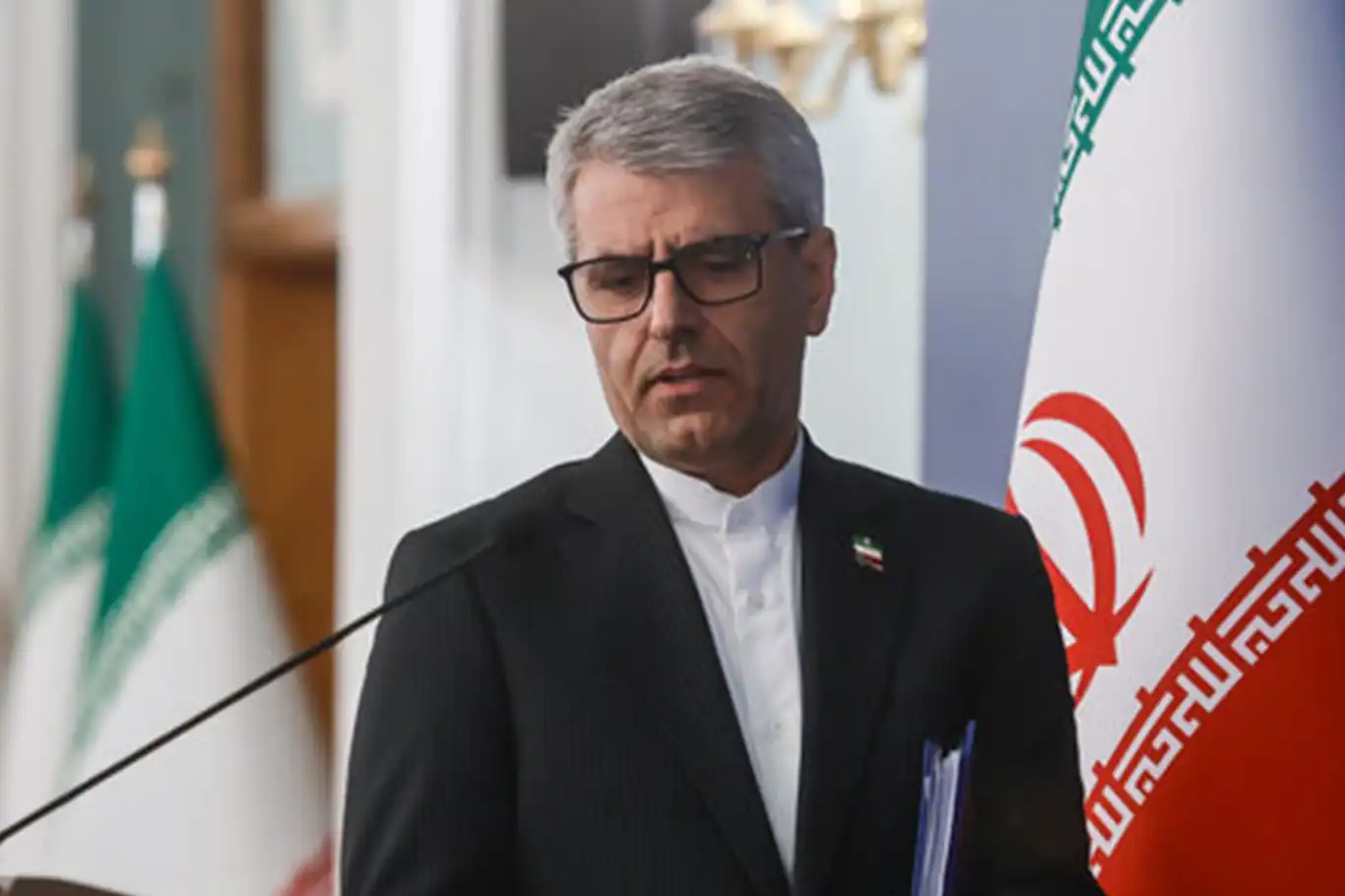Iran declares new chapter in nuclear diplomacy after end of UN mandate


Iran has declared that United Nations Security Council Resolution 2231, which endorsed the 2015 nuclear agreement, has officially expired, marking a new phase in the country’s nuclear policy and its relations with Western powers.
Speaking at his weekly press briefing on Monday, Iranian Foreign Ministry spokesperson Esmaeil Baghaei Hamaneh emphasized that the resolution “has formally ended as of October 18” in line with its explicit provisions. He underlined that while the resolution itself has expired, Iran’s legitimate rights — including international recognition of its uranium enrichment and related nuclear activities — “remain fully intact.”
Baghaei reaffirmed Tehran’s position that the Joint Comprehensive Plan of Action (JCPOA) was a temporary framework built on reciprocal commitments. Under the agreement, Western states were obligated to lift sanctions targeting Iran’s peaceful nuclear activities, while Iran undertook voluntary transparency and confidence-building steps monitored by the International Atomic Energy Agency (IAEA).
“Iran implemented all of its obligations under the JCPOA,” Baghaei said, recalling that from 2015 to 2019, the IAEA issued 15 reports confirming Tehran’s full compliance — even after the U.S. unilaterally withdrew from the deal in 2018.
The spokesperson strongly criticized the recent decision by the United Kingdom, France, and Germany to trigger the “snapback” mechanism — a process designed under the JCPOA to restore all previous UN sanctions if a party is deemed non-compliant. The European move, initiated on August 28, began a 30-day countdown to reimpose sanctions, despite opposition from several UN members.
In a joint letter sent to UN Secretary-General Antonio Guterres on Saturday, Iran, Russia, and China denounced the European countries’ decision as “legally baseless” and in clear violation of international commitments.
Baghaei reiterated that Iran’s nuclear program remains peaceful and firmly within the framework of international law, warning that any attempt to reinstate UN sanctions would constitute a serious breach of the UN Charter and further discredit Western states’ credibility.
“The era of selective implementation and political manipulation of international law is over,” he said, adding that Tehran will continue its cooperation with the IAEA while defending its sovereign rights to peaceful nuclear development.
Analysts view the expiration of Resolution 2231 as a pivotal moment for Iran, effectively removing the last formal UN restrictions linked to its nuclear program and shifting the diplomatic balance toward a new, post-JCPOA phase of regional and international engagement. (ILKHA)
LEGAL WARNING: All rights of the published news, photos and videos are reserved by İlke Haber Ajansı Basın Yayın San. Trade A.Ş. Under no circumstances can all or part of the news, photos and videos be used without a written contract or subscription.
At least eight people have been killed and two remain missing following the passage of Tropical Storm Fengshen over the Philippines, authorities said.
The European Union has reached a landmark agreement to completely phase out imports of Russian natural gas and liquefied natural gas (LNG) by January 1, 2028, marking a decisive move to sever the bloc’s remaining energy ties with Moscow.
A moderate earthquake struck off the southeastern coast of the Philippines on Monday, the United States Geological Survey (USGS) reported.